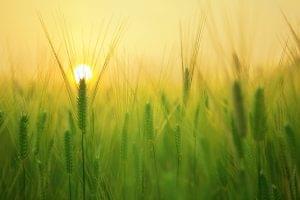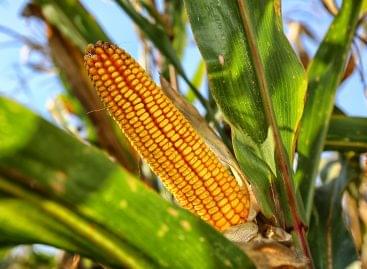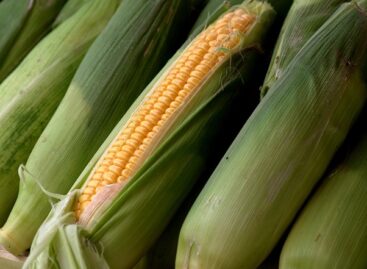The area of organic farming could increase to 500 thousand hectares by 2027
The support programs starting next year may give a new impetus to domestic organic farming, the current area of 320 thousand hectares of which could expand to 500 thousand hectares by 2027. According to the ecological working group of the Hungarian Seed Association Interprofessional Organization and Product Council (VSZT), it is important for the development of the sector that appropriate varieties are available to organic farmers, with which they can increase their production efficiency.
 The area subject to organic certification in Hungary is 320 thousand hectares, which is 6.4% of the country’s total agricultural area, which is below the EU average of approximately 10%. In terms of cultivation, the proportion of areas used for mowing and grazing in Hungary is higher than the EU average (55%, compared to 41% in the EU). Arable crops in our country account for 37% of the total ecological area (the EU average is 45%), and the share of plantations is half (6.5%) of that in the EU (13%).
The area subject to organic certification in Hungary is 320 thousand hectares, which is 6.4% of the country’s total agricultural area, which is below the EU average of approximately 10%. In terms of cultivation, the proportion of areas used for mowing and grazing in Hungary is higher than the EU average (55%, compared to 41% in the EU). Arable crops in our country account for 37% of the total ecological area (the EU average is 45%), and the share of plantations is half (6.5%) of that in the EU (13%).
The typical crops of our organic arable lands are cereals and maize (38%), but the same area is also occupied by green fodder crops (36%), the dominant representative of the latter group being alfalfa. In addition, sunflowers, peas, fennel, onions, potatoes, soybeans and millet are also grown to a greater extent.
“Food produced by environmentally friendly organic farming practices is free from pesticide residues and, due to the absence of the use of artificial fertilizers, products from organic lands with richer soil life may also be richer in certain nutrients, micro- and macro-elements compared to their conventional counterparts. These clearly support the long-term preservation of consumer health. Organic farming increases biodiversity both in the soil and above, and its commitment to circular farming and reduced external resource use also protects our natural environment by reducing greenhouse gas emissions. Producers gain long-term, sustainable cultivation of their own land through the organic transition, and may even find new market opportunities in the form of building local short supply chains. What is very important is that the lower productivity of organic crop production should be improved, on the one hand, by using targeted agrotechnics, and on the other hand, by growing suitable plant varieties.”
– emphasized Dr. Péter Mikó, breeder of the HUN-REN Agricultural Research Center, chairman of the Organic Seed Working Group of the Seed Association.
Related news
Related news
MOHU: 5,200 return points are in operation, but 47 larger settlements still do not have RE points – public “enema” machines may be introduced
🎧 Hallgasd a cikket: Lejátszás Szünet Folytatás Leállítás Nyelv: Auto…
Read more >Change in Rossmann Hungary’s leadership: Kornél Németh decided to move towards new challenges in 2026
🎧 Hallgasd a cikket: Lejátszás Szünet Folytatás Leállítás Nyelv: Auto…
Read more >








